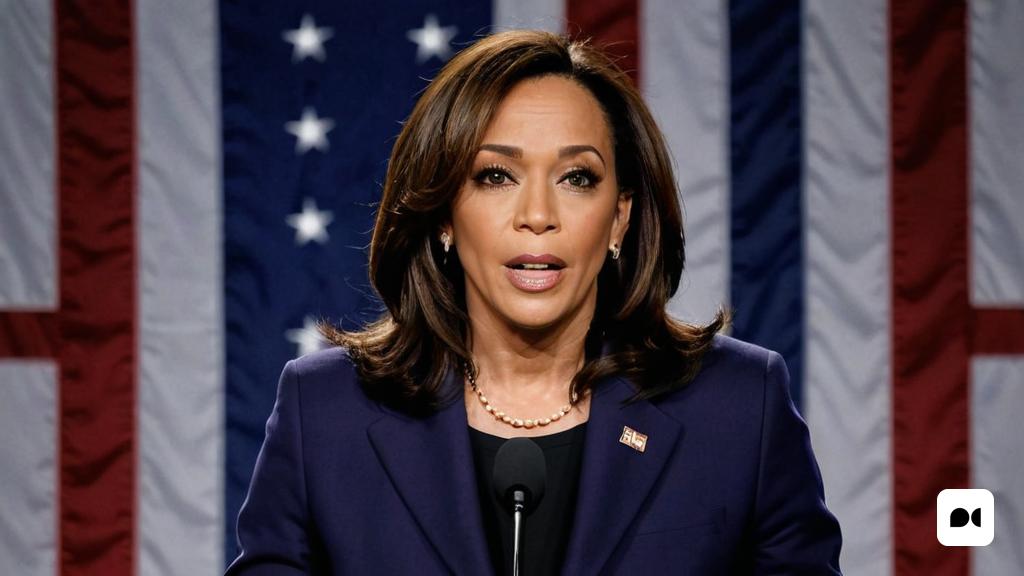Trump’s controversial statements about Harris’ identity
At a recent event in Chicago, well-known ex-president Donald Trump has raised many eyebrows with his views on the current vice-president, Kamala Harris. In his remarks, Trump suggested that Harris, who is of Indian descent, had adopted African-American identity as a political tactic to gain support within the black community.
Reviews and reactions
The controversy was born when Trump claimed: ‘I don’t know if she’s Indian or black’, casting doubt on the authenticity of Harris’ identity. Not only did his words provoke an immediate reaction within the journalism community, as he was speaking at a National Association of Black Journalists event, but they also triggered strong reactions from the White House.
Harris defends his identity
Kamala Harris was not immune to criticism, responding to Trump’s accusations with a strong statement that reflects her stance on respect and true identity. At an event in Houston, he described the remarks as a ‘time show’ that is fomenting division among Americans.
Harris’s take on leadership
Harris emphasized the importance of leadership that unites rather than divides, stressing that cultural and ethnic differences should not be a source of discord, but a source of unity and strength for the United States. He pointed out that the country deserves a leader who promotes truth and respect.
Widespread rejection of Trump’s claims
Trump’s comments were not only dismissed by Harris, but also criticized by White House spokeswoman Karine Jean-Pierre, who described them as ‘repulsive and insulting’. She defended that no one has the right to dictate a person’s identity, stressing the need for respect towards the position of vice president.
The impact of words
Trump’s words are a reminder of his history of controversial comments about African-American political figures, including assumptions about Obama’s birth. This incident once again touches on deep issues about race, identity and politics in the United States, provoking reflection on how these discourses affect society.
Looking to the future
With 2024 on the horizon, the figure of Kamala Harris remains one of the potential presidential candidates for the Democratic Party. His stance on the identity and unity of American citizens may play a crucial role in his campaign, especially in a political climate marked by conflict and polarization.

